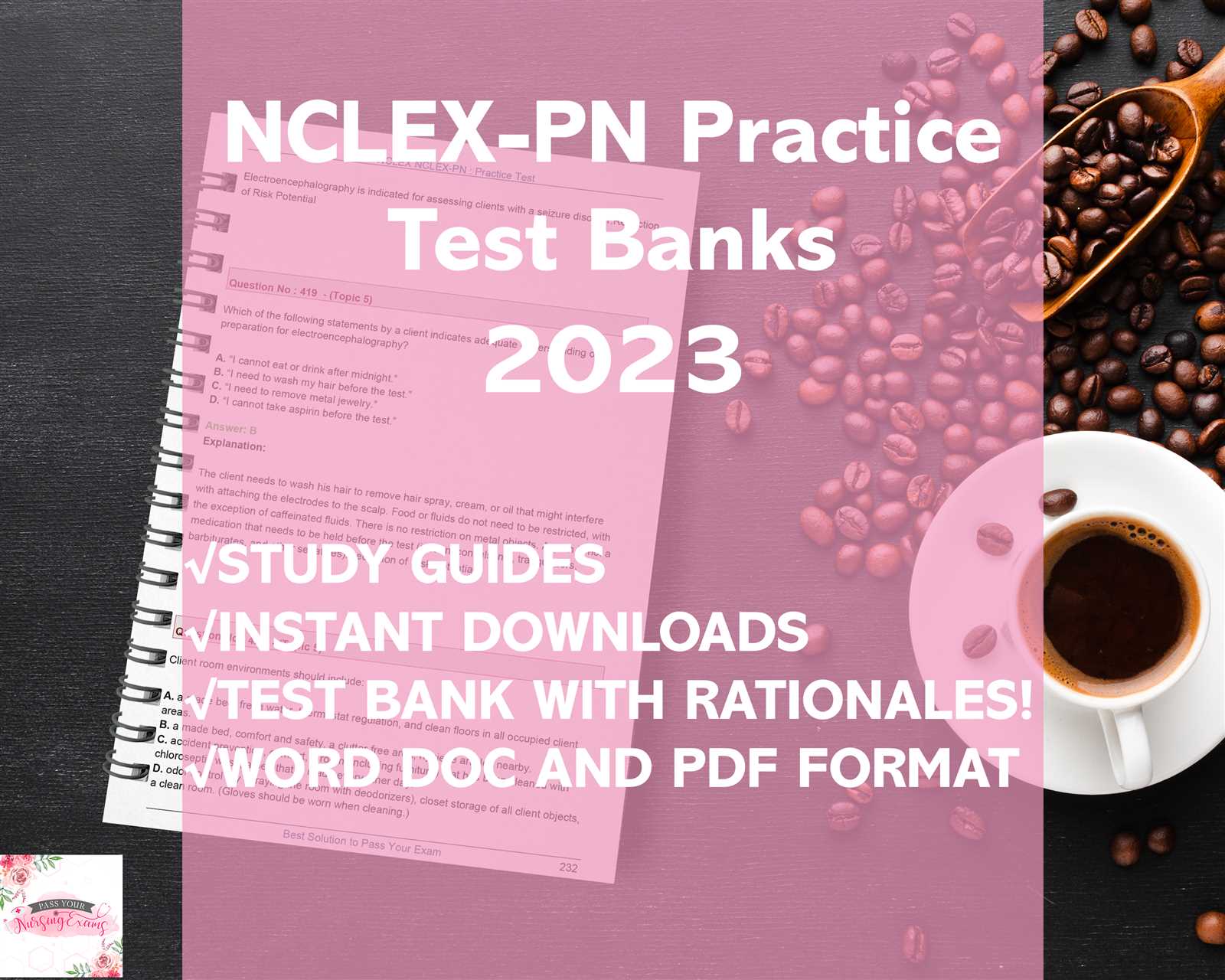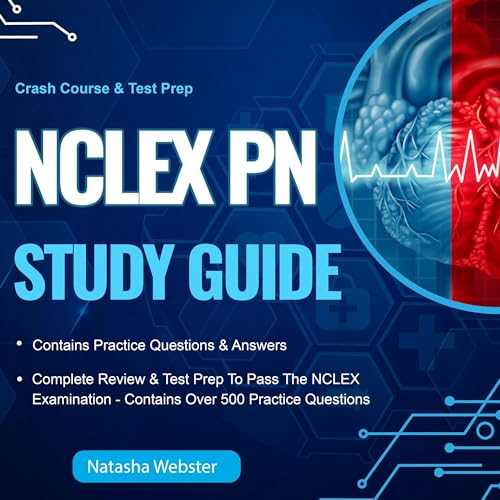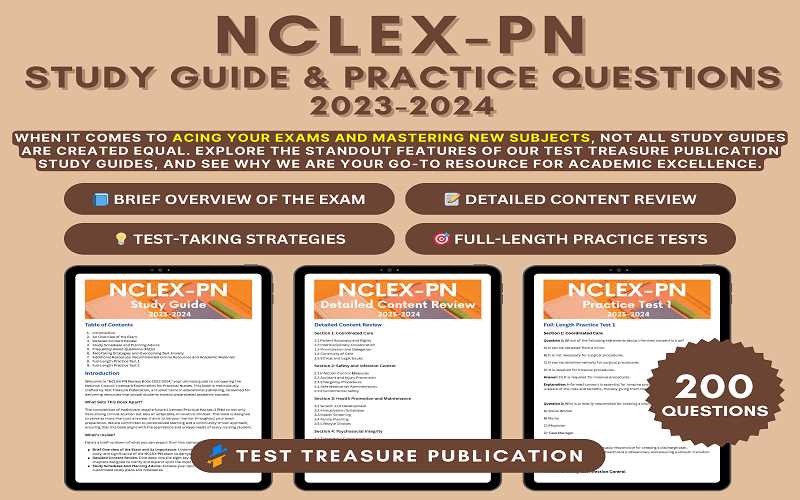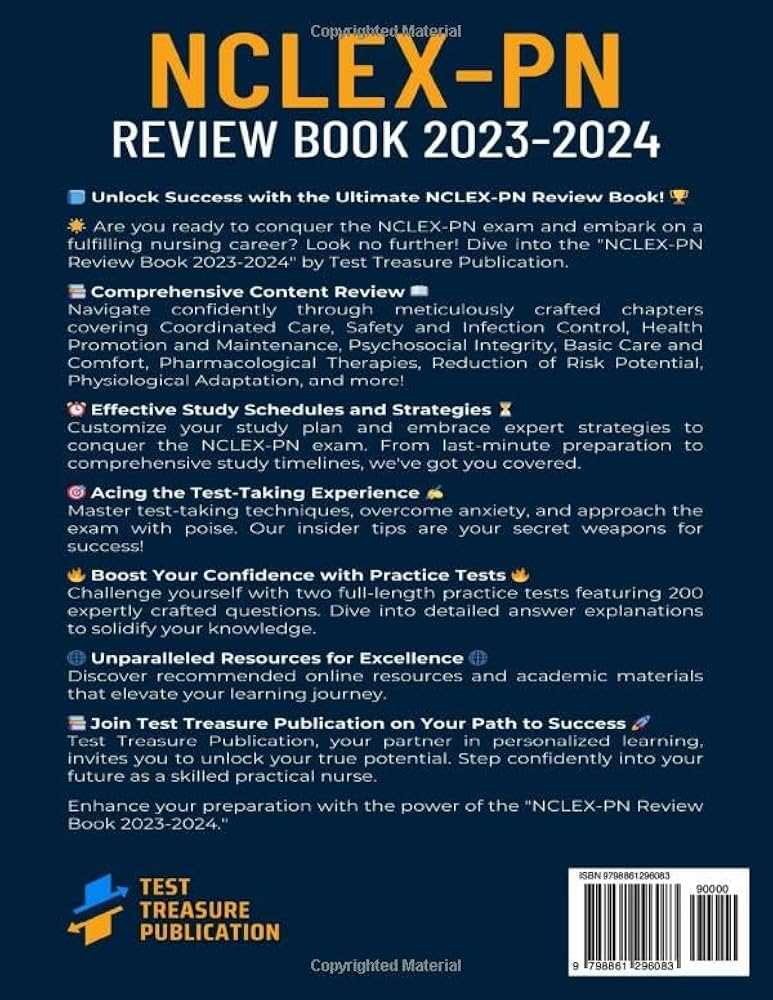
Stepping into the world of professional nursing requires dedication and a thorough understanding of essential concepts. This pivotal assessment tests not only knowledge but also the ability to apply critical thinking in real-world scenarios. Success relies on preparation and a clear strategy for tackling complex challenges.
Understanding the structure and types of tasks involved is key to building confidence. From patient care scenarios to medication-related questions, this evaluation is designed to reflect the responsibilities of practical nursing. By mastering effective techniques and focusing on essential skills, candidates can approach this process with assurance.
In this guide, you’ll find a comprehensive breakdown of strategies, tips, and resources. Whether it’s honing analytical skills or managing time effectively, every aspect is tailored to support your journey toward certification and professional growth.
Understanding the NCLEX PN Exam Structure
To succeed in a professional nursing qualification process, it’s crucial to understand how the assessment is organized. A clear overview of its design and key components helps candidates prepare more effectively and tackle various sections with confidence.
Core Areas of Assessment
The evaluation is structured to cover multiple dimensions of nursing practice. Key areas often include:
- Safe and effective care practices
- Health promotion and maintenance strategies
- Psychosocial integrity for patient well-being
- Physiological needs and interventions
Adaptive Testing Mechanics
This qualification utilizes a dynamic approach to adjust question difficulty based on your responses. This ensures a tailored experience that accurately evaluates your competency.
- Begins with moderately challenging items
- Increases or decreases complexity depending on accuracy
- Concludes when consistent performance is established
By familiarizing yourself with these foundational aspects, you can create a focused plan to enhance your readiness and demonstrate your skills effectively.
Key Differences Between PN and RN Tests
The path to becoming a licensed nurse can vary depending on the specific role you pursue. Practical and registered nursing evaluations differ in scope, complexity, and focus areas. Understanding these distinctions is crucial for tailoring your preparation effectively.
Scope of Responsibilities
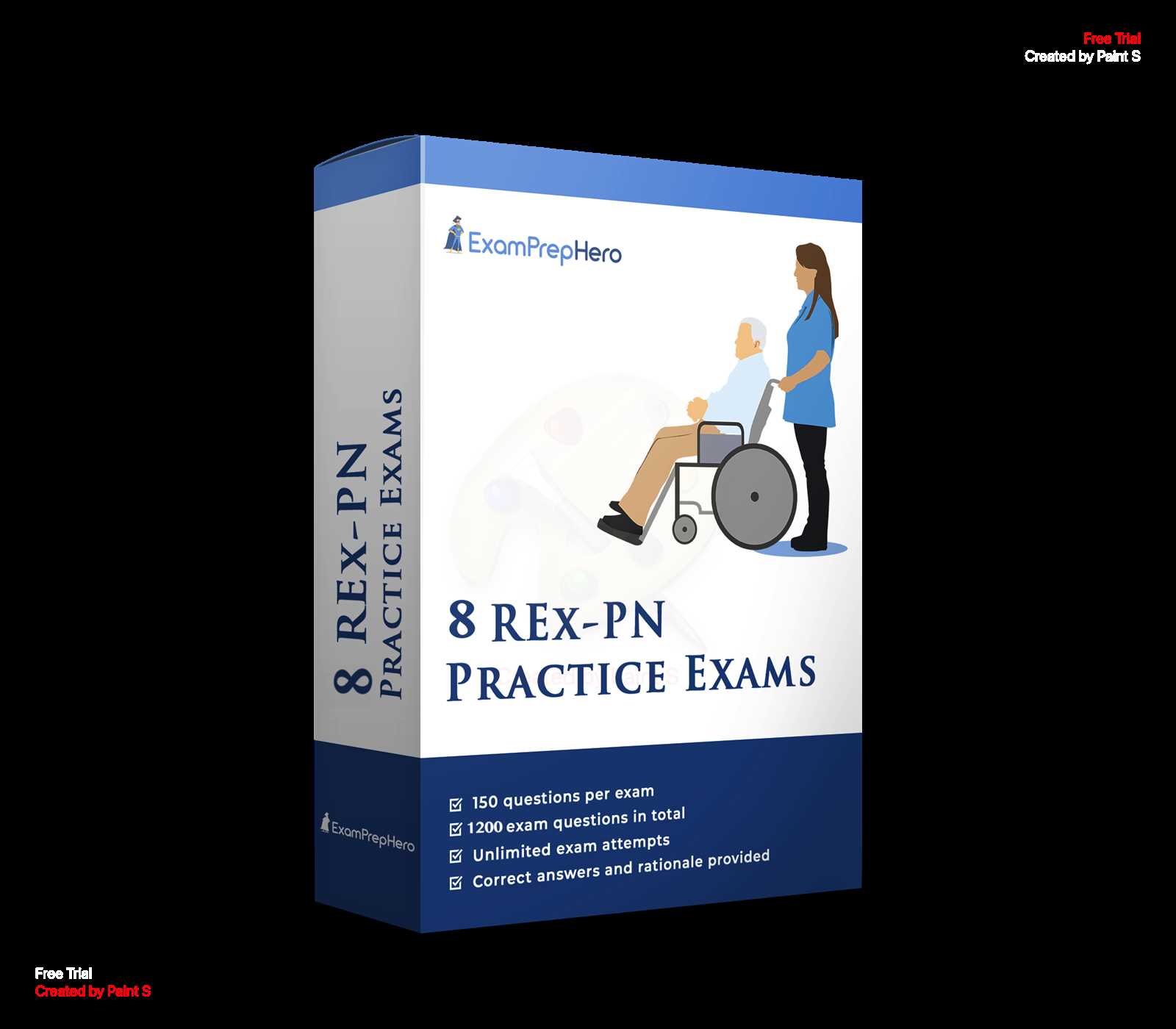
Practical nursing assessments emphasize foundational skills and direct patient care under supervision. In contrast, registered nursing evaluations focus on advanced practices, leadership roles, and independent decision-making in complex scenarios.
Comparison of Test Features
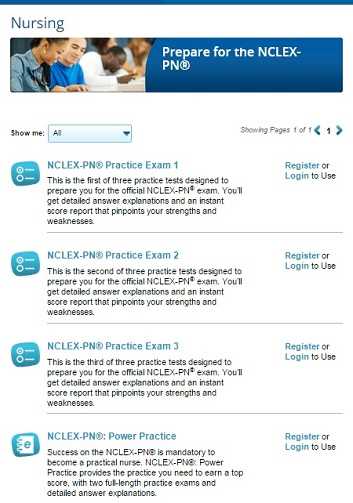
The following table highlights key distinctions between the two evaluations:
| Aspect | Practical Nursing | Registered Nursing | |||||||||||||||
|---|---|---|---|---|---|---|---|---|---|---|---|---|---|---|---|---|---|
| Focus Areas | Basic care, routine tasks | Advanced care, critical thinking | |||||||||||||||
| Decision-Making | Guided by supervision |
| Time Allocation | Suggested Action |
|---|---|
| Start of Test | Read instructions and plan overall time management |
| Midway | Ensure you’re on track with time, skip overly challenging questions |
| Last 15 Minutes | Review all answers and address any unanswered questions |
By following these strategies, you can maximize your efficiency and avoid time-related stress, ultimately improving the quality of your responses.
Common Mistakes to Avoid During Testing
During an assessment, it’s easy to make errors that can impact your performance. Recognizing and avoiding these common mistakes can help you stay focused and improve your chances of success.
One frequent mistake is rushing through questions without fully understanding what is being asked. It’s tempting to answer quickly, but this can lead to misunderstandings and incorrect responses. Always take a moment to read the question carefully and identify the key points before selecting an answer.
Another common pitfall is not managing time effectively. Spending too long on a single question or section can leave you with insufficient time to complete the entire assessment. It’s essential to pace yourself and avoid getting bogged down by challenging questions. If you find yourself stuck, move on and revisit the question later if time allows.
Additionally, second-guessing your answers can lead to unnecessary mistakes. Trust your initial judgment, especially if you are confident in your understanding. Overthinking can result in changing correct answers to incorrect ones, so aim to make decisions with confidence.
Lastly, neglecting to review your responses before submitting can also be detrimental. Always use any remaining time to double-check your answers, ensuring you’ve addressed everything accurately and completely.
By avoiding these common mistakes, you can approach the test with more confidence and improve your overall performance.
Best Practices for Answering Multiple-Choice Questions
Multiple-choice questions are a common format in assessments, and effectively navigating them requires a combination of strategy and careful attention. By applying the right approach, you can enhance your ability to select the correct responses efficiently and accurately.
Understand the Question Thoroughly
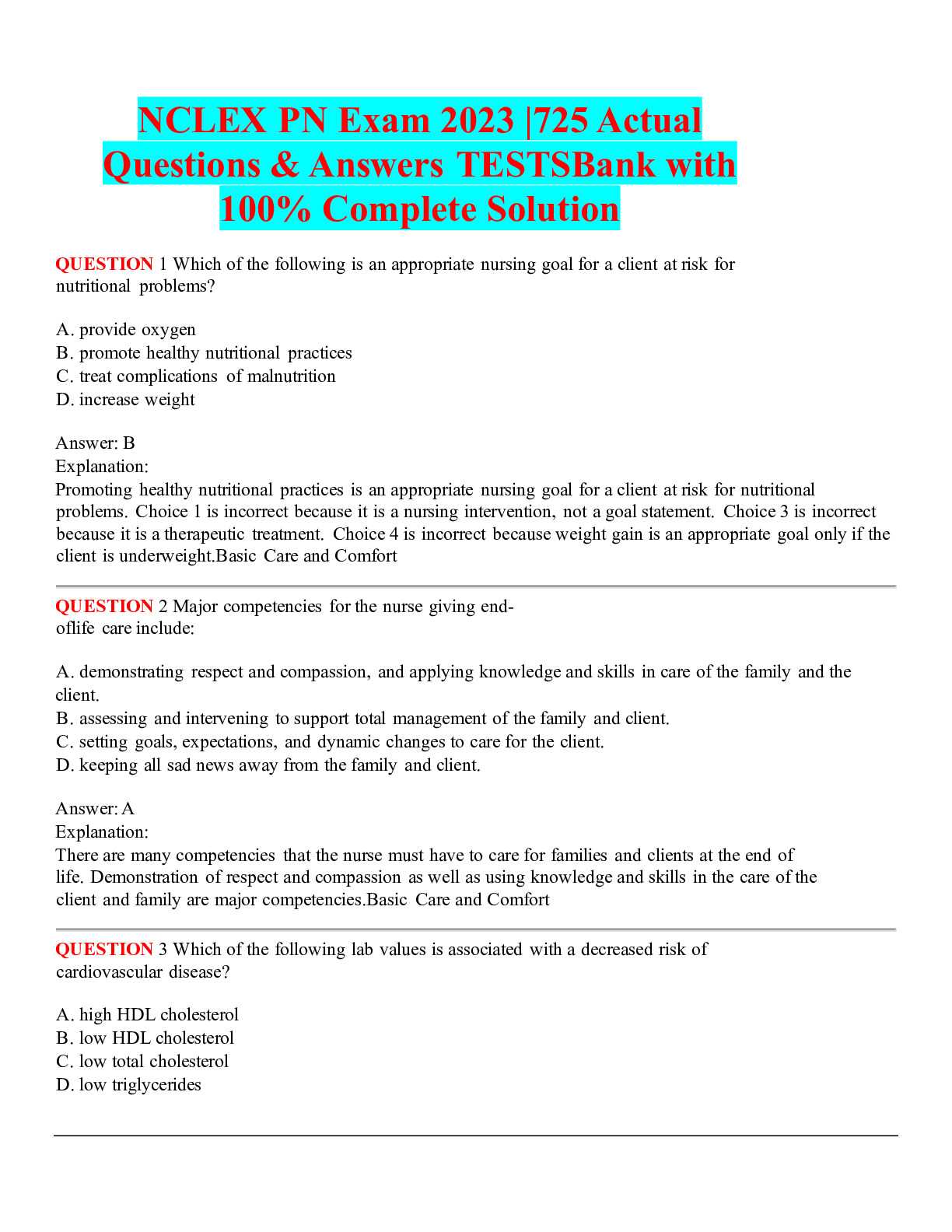
Before looking at the answer options, take the time to read the question carefully. Ensure you understand what is being asked and identify the key details that will guide you to the correct choice. This will help you focus on relevant information and eliminate any distractions.
Use Process of Elimination
One of the most effective strategies for answering multiple-choice questions is to use the process of elimination. When presented with several choices, eliminate the obviously incorrect ones first. This will improve your chances of selecting the right answer by narrowing down your options.
- Identify Key Words: Pay attention to key words or phrases in both the question and answer choices that may help guide you.
- Look for Absolutes: Be cautious of options that include absolutes like “always” or “never,” as these are often incorrect in the context of most assessments.
- Consider All Options: Don’t rush to answer too quickly. Review all choices carefully before selecting the best one.
Additionally, sometimes the longest or most detailed answer may be correct, as it tends to provide a more comprehensive response. However, ensure that the answer aligns with the question’s focus and context.
By applying these best practices, you can approach multiple-choice questions with greater confidence, reduce errors, and improve your performance on assessments.
Critical Thinking Skills for Nursing Exams
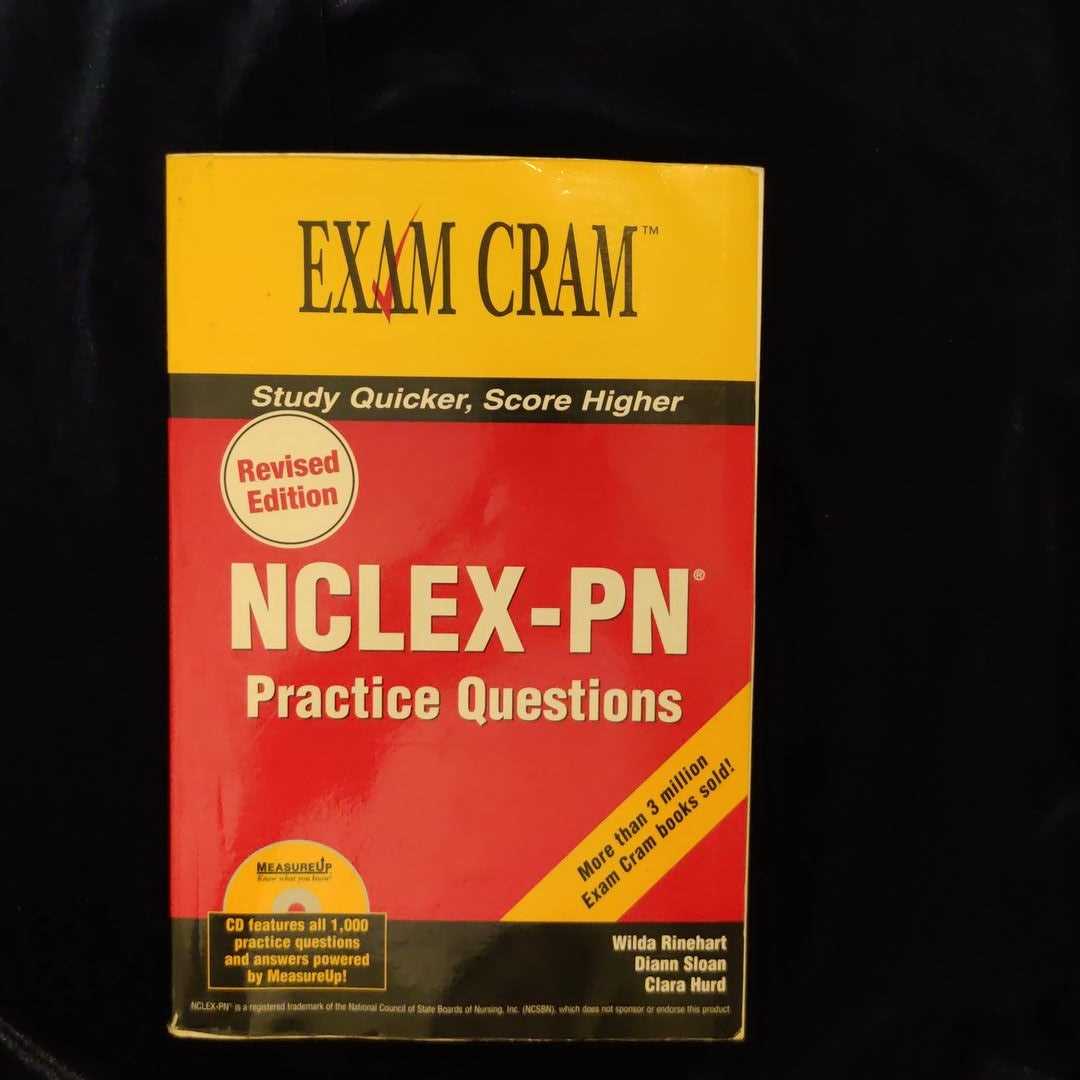
Developing strong critical thinking skills is essential for success in nursing assessments. These skills allow individuals to analyze, evaluate, and apply knowledge in real-world scenarios, making them a vital part of the learning process. The ability to think critically enables candidates to make informed decisions, prioritize patient care, and solve complex problems during their studies and in practice.
Key Aspects of Critical Thinking
Critical thinking involves several key components that help guide effective decision-making. By understanding these aspects, candidates can improve their problem-solving abilities and enhance their overall performance.
- Analysis: Assessing information carefully and breaking it down into smaller parts to understand its meaning and relevance.
- Evaluation: Judging the validity and reliability of information to determine whether it supports or contradicts a particular conclusion.
- Inference: Drawing logical conclusions based on available evidence and information, considering possible outcomes.
- Interpretation: Understanding and explaining data or observations in the context of the specific situation or problem at hand.
- Decision-Making: Making informed choices based on critical analysis and evaluation of different options.
Applying Critical Thinking in Nursing
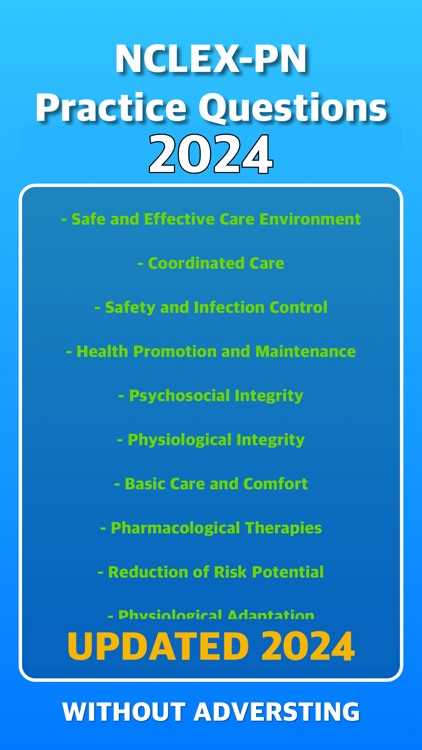
Critical thinking in nursing exams extends beyond memorization and requires the application of theoretical knowledge to practical situations. Effective nurses must be able to think critically under pressure, make quick decisions, and prioritize tasks appropriately. Here are some practical ways to improve critical thinking during assessments:
- Practice Scenario-Based Questions: Engage with case studies and scenario-based questions to simulate real-life situations and enhance decision-making skills.
- Review Evidence-Based Practices: Familiarize yourself with current best practices and guidelines to ensure that your reasoning aligns with proven, effective methods.
- Think Out Loud: Verbally process questions to organize your thoughts and ensure you’re considering all possible outcomes.
By strengthening your critical thinking abilities, you can approach nursing assessments with confidence, providing well-reasoned, informed responses to complex questions. These skills will not only support your academic success but also prepare you for the challenges faced in clinical practice.
Preparing for Pharmacology Questions
Pharmacology is a crucial component of healthcare practice, and understanding the various medications, their actions, side effects, and uses is essential for success. Being able to recall and apply this information effectively during assessments can make a significant difference in achieving a positive outcome. The key to performing well in pharmacology-related questions is to develop a comprehensive understanding of drug classes, mechanisms of action, and patient care considerations.
Key Areas to Focus On
To prepare for pharmacology questions, it is important to focus on several critical areas that are often tested. Familiarity with these topics will help you identify the correct answers and avoid common pitfalls.
- Drug Classes: Learn the different categories of drugs, such as antibiotics, antihypertensives, and analgesics, and understand their common uses and mechanisms of action.
- Side Effects and Adverse Reactions: Memorize the typical side effects of common medications and be able to recognize potentially dangerous reactions that require immediate intervention.
- Dosage and Administration: Understand how to calculate dosages, adjust for specific patient needs (e.g., pediatric or geriatric populations), and know the correct routes and techniques for drug administration.
- Drug Interactions: Be aware of how certain medications can interact with each other and how these interactions can impact patient outcomes.
Effective Study Strategies
Using focused study strategies can significantly improve your ability to recall pharmacological information and apply it effectively. Here are some tips to help you succeed:
- Create Flashcards: Use flashcards to test your knowledge of drug names, their uses, side effects, and other key information. This can help reinforce your memory and improve recall under pressure.
- Use Mnemonics: Mnemonic devices can be useful in remembering complex drug information, such as classifications or side effects.
- Practice with Practice Questions: Engage with practice questions and scenario-based exercises that involve pharmacology concepts. This helps simulate real-world conditions where you need to apply your knowledge.
By focusing on these essential areas and using effective study methods, you will be better prepared to tackle pharmacology questions with confidence. Building a strong foundation in this area will not only help during assessments but will also be valuable in your daily clinical practice.
Mastering Patient Care Simulations
Patient care simulations are an invaluable tool in healthcare education, providing an opportunity to apply theoretical knowledge in a controlled, real-life-like environment. These simulations help learners develop critical decision-making and clinical skills while preparing for real-world patient care scenarios. Mastering these simulations requires a blend of practical knowledge, analytical thinking, and effective communication.
Key Skills for Success in Simulations
To excel in patient care simulations, it is essential to focus on certain key skills that are frequently tested during these exercises. Understanding these areas can enhance performance and ensure a positive outcome in simulated scenarios.
- Clinical Knowledge: A strong grasp of medical conditions, treatments, and nursing interventions is crucial. Be prepared to make evidence-based decisions and prioritize patient care effectively.
- Critical Thinking: Be ready to analyze patient symptoms, recognize changes in conditions, and determine the best course of action. Developing a systematic approach to problem-solving is key.
- Communication Skills: Clear communication with patients, families, and the healthcare team is essential. Practice delivering instructions and updates in a concise, empathetic manner.
- Time Management: Managing time efficiently is vital. Prioritize interventions based on the urgency of the patient’s needs, and adapt quickly to changing situations.
Tips for Effective Simulation Practice
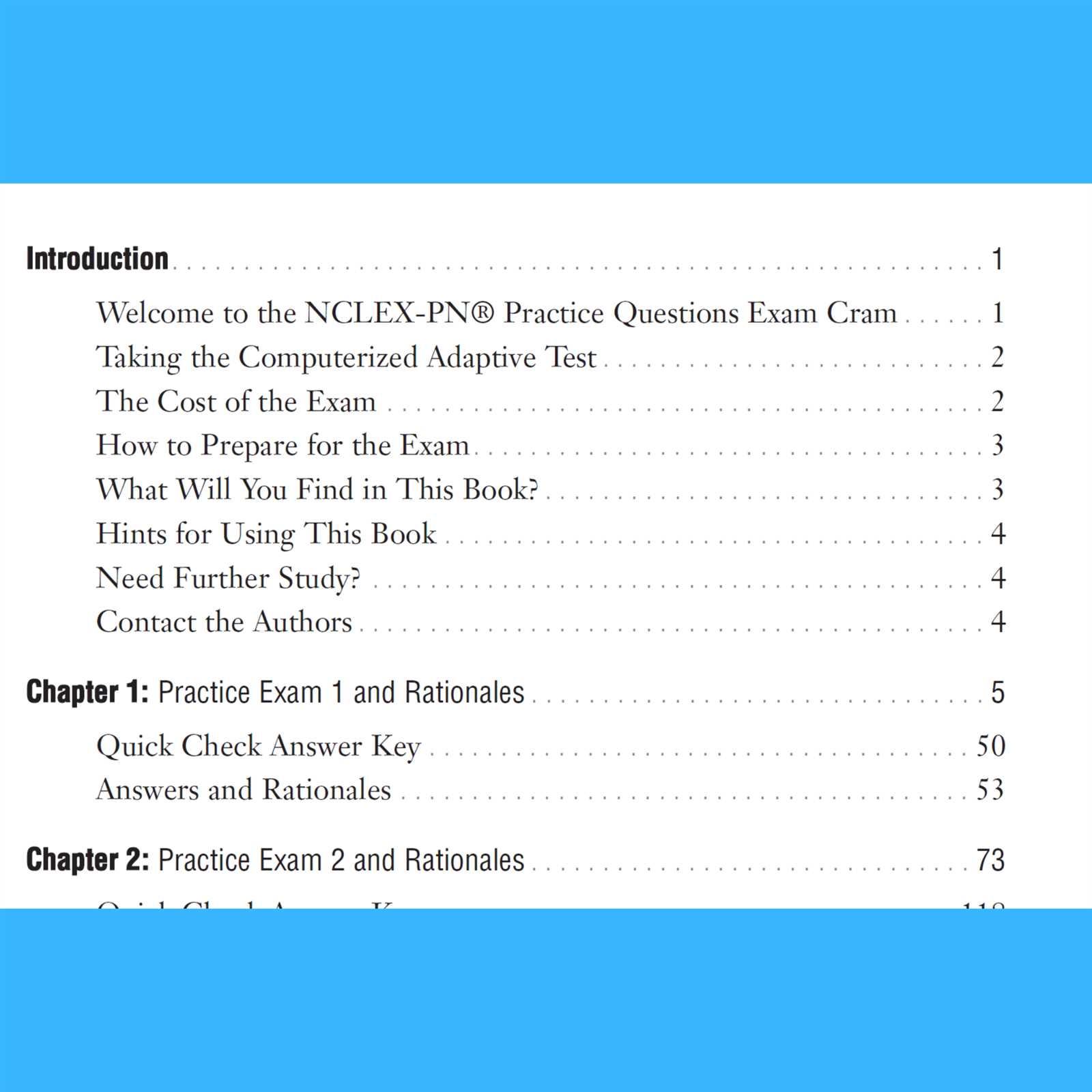
To improve your performance in patient care simulations, consider adopting these practical strategies during your preparation.
- Practice Regularly: Frequent participation in simulations can help build confidence and refine your skills. Repetition allows you to become more comfortable and efficient in handling various clinical situations.
- Reflect After Each Session: After completing a simulation, take time to reflect on your decisions, actions, and areas for improvement. This will help reinforce learning and address any gaps in knowledge.
- Seek Feedback: Actively seek feedback from instructors and peers. Constructive criticism can provide valuable insights and help you identify areas that need further development.
Mastering patient care simulations is a continuous process that involves not just knowledge, but also the application of critical thinking, communication, and time management skills. With dedication and consistent practice, you will improve your ability to manage real-life patient care situations with confidence and competence.
Resources for Study and Practice
Successful preparation for healthcare assessments requires access to high-quality study materials and practice resources. These tools can help reinforce knowledge, enhance clinical skills, and build confidence in applying learned concepts in real-life situations. Below are some essential resources that can support and guide your study process effectively.
Study Materials for Comprehensive Learning
To gain a solid understanding of healthcare topics and concepts, a variety of resources are available to assist in your study. These materials can be tailored to specific needs and learning preferences.
- Textbooks and Reference Guides: Essential for building foundational knowledge, textbooks offer in-depth explanations of medical conditions, treatments, and procedures.
- Online Courses: Interactive online courses often provide structured lessons and quizzes, making it easier to follow a study plan while learning at your own pace.
- Flashcards: Digital or physical flashcards can help reinforce key concepts and terminology, aiding in memory retention through repetitive learning.
- Clinical Practice Handbooks: These guides provide real-world scenarios and practical tips to navigate clinical settings effectively.
Practice Tools for Simulated Learning
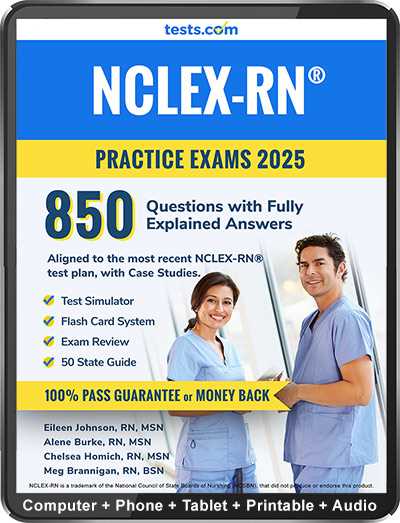
Practice is essential in mastering the application of theoretical knowledge. Using simulated tools can help you gain practical experience and improve your decision-making in clinical situations.
- Practice Quizzes: Online practice tests help familiarize you with the format of the questions and allow you to track your progress as you review various topics.
- Simulations and Virtual Patients: Interactive software and platforms provide a virtual environment where learners can practice patient interactions and clinical decision-making in a risk-free setting.
- Study Groups: Joining a study group provides a collaborative learning environment where you can discuss difficult topics and learn from others’ experiences.
- Mobile Apps: Many mobile apps are available for on-the-go practice, offering flashcards, quizzes, and study schedules to reinforce learning anytime, anywhere.
By incorporating these diverse study and practice resources into your preparation routine, you can build a well-rounded understanding and gain the skills necessary to succeed in healthcare assessments. Consistency and dedication to using these tools will make a significant difference in achieving your educational goals.
Effective Study Schedules for Success
Creating a well-structured study schedule is key to achieving success in any educational journey. A carefully planned approach ensures that all topics are covered, allows time for review, and helps avoid last-minute cramming. The following methods can help you organize your study time effectively, maintain a steady learning pace, and boost overall performance.
Setting Clear Goals and Priorities
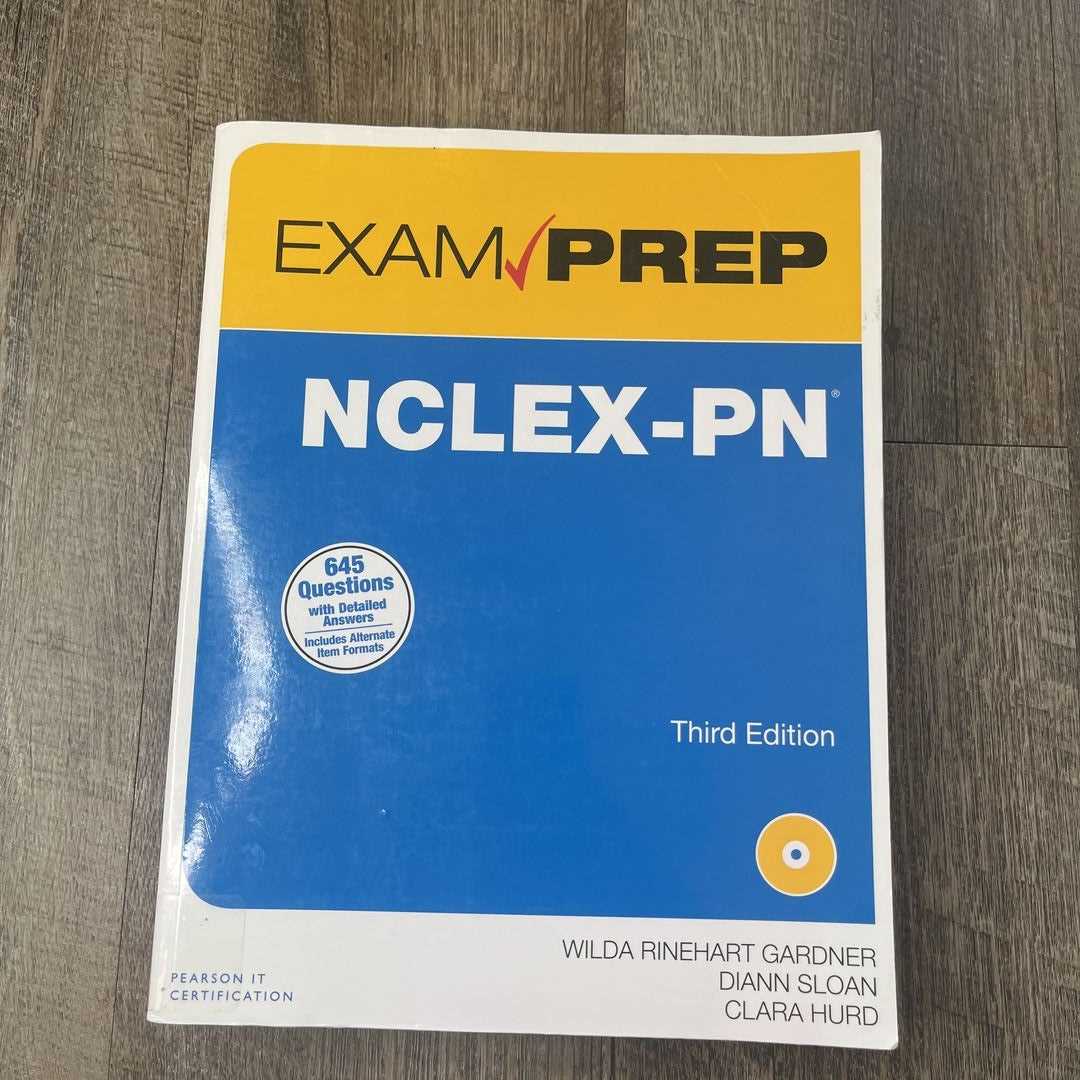
Effective time management begins with understanding your learning objectives. Break down your study tasks into manageable chunks, prioritizing areas where you need the most improvement. Setting clear goals for each study session will help you stay focused and organized.
- Identify Weak Areas: Focus more on topics that you find challenging, ensuring enough time is allocated to these areas.
- Set Realistic Milestones: Aim for smaller, achievable goals rather than overwhelming yourself with broad targets.
- Use a Planner: Write down your goals and keep track of your progress. This helps you stay accountable and on schedule.
Building a Balanced Schedule
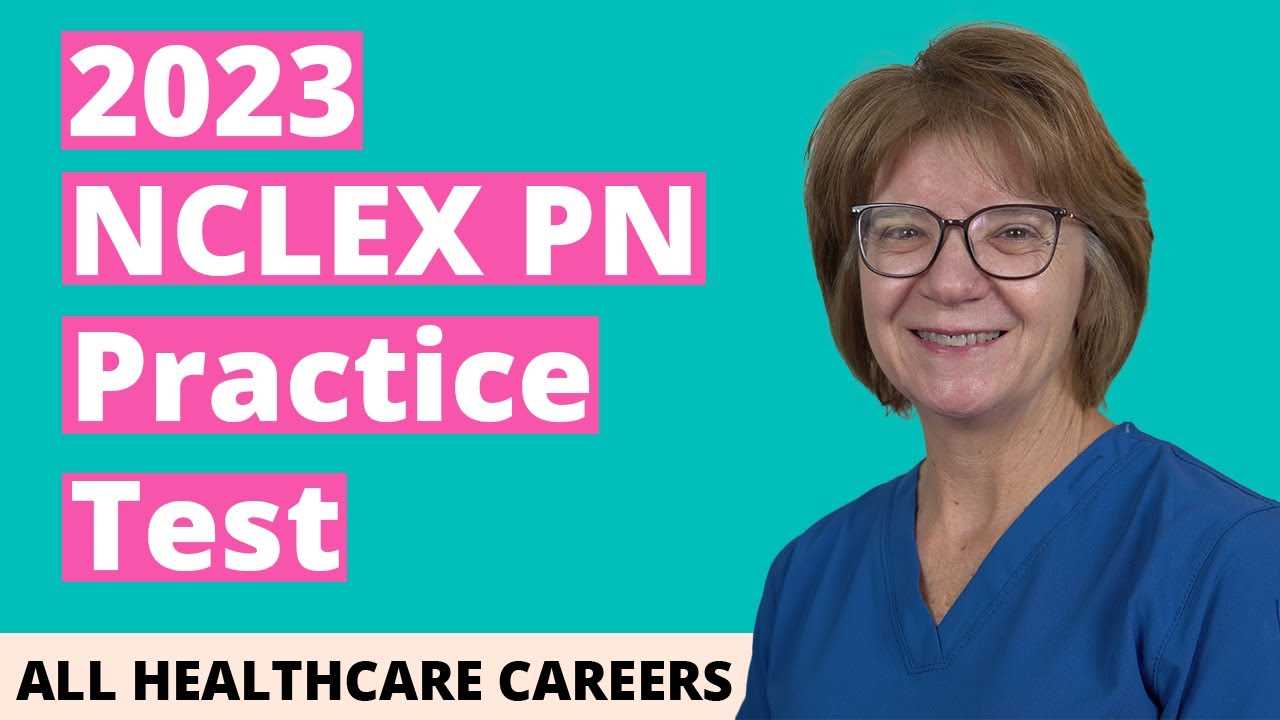
A balanced study schedule ensures that you cover all subjects or topics while also allowing time for breaks, rest, and relaxation. It’s essential to find a rhythm that works for your learning style and lifestyle.
- Allocate Time Blocks: Set specific time blocks for each subject. This allows you to focus on one task at a time, preventing burnout.
- Incorporate Breaks: Regular breaks are crucial to maintaining focus. Incorporate short breaks between study sessions to refresh your mind.
- Include Review Sessions: Dedicate time each week to reviewing previous material, reinforcing what you’ve learned, and solidifying your knowledge.
By maintaining a structured and balanced study schedule, you’ll improve your retention of information, build confidence, and reduce the stress associated with last-minute studying. Consistency is the key to success in any learning process, and a well-thought-out study plan helps keep you on track toward achieving your goals.
Tips for Reducing Test-Day Anxiety
Test-day anxiety is a common challenge that many individuals face, but there are several strategies that can help manage stress and improve performance. A calm and focused mindset is crucial for success, and preparation goes beyond simply studying the material. By implementing a few effective techniques, you can reduce nervousness and increase your confidence when facing any type of assessment.
- Prepare in Advance: The more prepared you are, the less anxious you will feel. Review key concepts ahead of time, but avoid cramming the night before. A good night’s sleep is essential for peak performance.
- Practice Relaxation Techniques: Deep breathing exercises, meditation, or gentle stretches can help calm your nerves. Practicing these methods regularly will make it easier to implement them on test day.
- Positive Visualization: Imagine yourself completing the test successfully. Visualizing success can help shift your focus from fear to confidence and improve your mindset.
- Arrive Early: On the day of the test, give yourself plenty of time to get settled in. Arriving early can reduce feelings of being rushed and provide an opportunity to get comfortable in the testing environment.
- Stay Hydrated and Eat Well: Ensure you are physically prepared by eating a balanced meal and drinking water before the test. A nourished body can help maintain focus and energy levels.
By integrating these tips into your preparation routine, you can lower anxiety levels and approach the testing process with greater assurance and clarity. Remember, confidence in your abilities is often the key to success, and learning how to manage stress effectively can make all the difference.
How to Review Practice Test Results
Reviewing the results of your practice assessments is a vital step in the preparation process. It not only highlights areas that need further attention but also strengthens your understanding of the material. By reflecting on your performance, you can identify patterns in your mistakes and adjust your study plan accordingly. This process is essential for turning practice tests into powerful learning tools.
Step 1: Identify Incorrect Answers
Start by focusing on the questions you answered incorrectly. Take the time to understand why you chose the wrong answer and what the correct response should have been. Consider the concepts behind each question and try to pinpoint any gaps in your knowledge. This will allow you to refine your understanding of the material and ensure you avoid making similar mistakes in the future.
Step 2: Analyze Patterns and Trends
After reviewing individual questions, look for any recurring themes or areas where you consistently struggle. Are there certain topics you tend to misunderstand? Identifying these patterns will help you prioritize which areas to focus on during your study sessions. Consistent mistakes in similar topics suggest that further review is needed in those specific areas.
- Topic Analysis: Break down your mistakes by subject area to see where you need to dedicate more study time.
- Understanding Answer Choices: Review why the correct answer was the best option and how the other choices were misleading.
- Seek Additional Resources: If necessary, find additional study materials, videos, or practice exercises to strengthen your knowledge in weak areas.
By systematically reviewing your practice test results, you can better understand your strengths and weaknesses. This analysis is an important part of improving your knowledge base and increasing your chances of success on the actual assessment.
Understanding Adaptive Testing Technology
Adaptive testing technology is a sophisticated approach to assessing knowledge that tailors the difficulty of questions based on an individual’s responses. This dynamic method of assessment ensures that the test is more precise and efficient, adjusting in real-time to the test taker’s ability. The key advantage of this approach is its ability to challenge participants at an appropriate level, offering an accurate reflection of their competence.
How Adaptive Testing Works
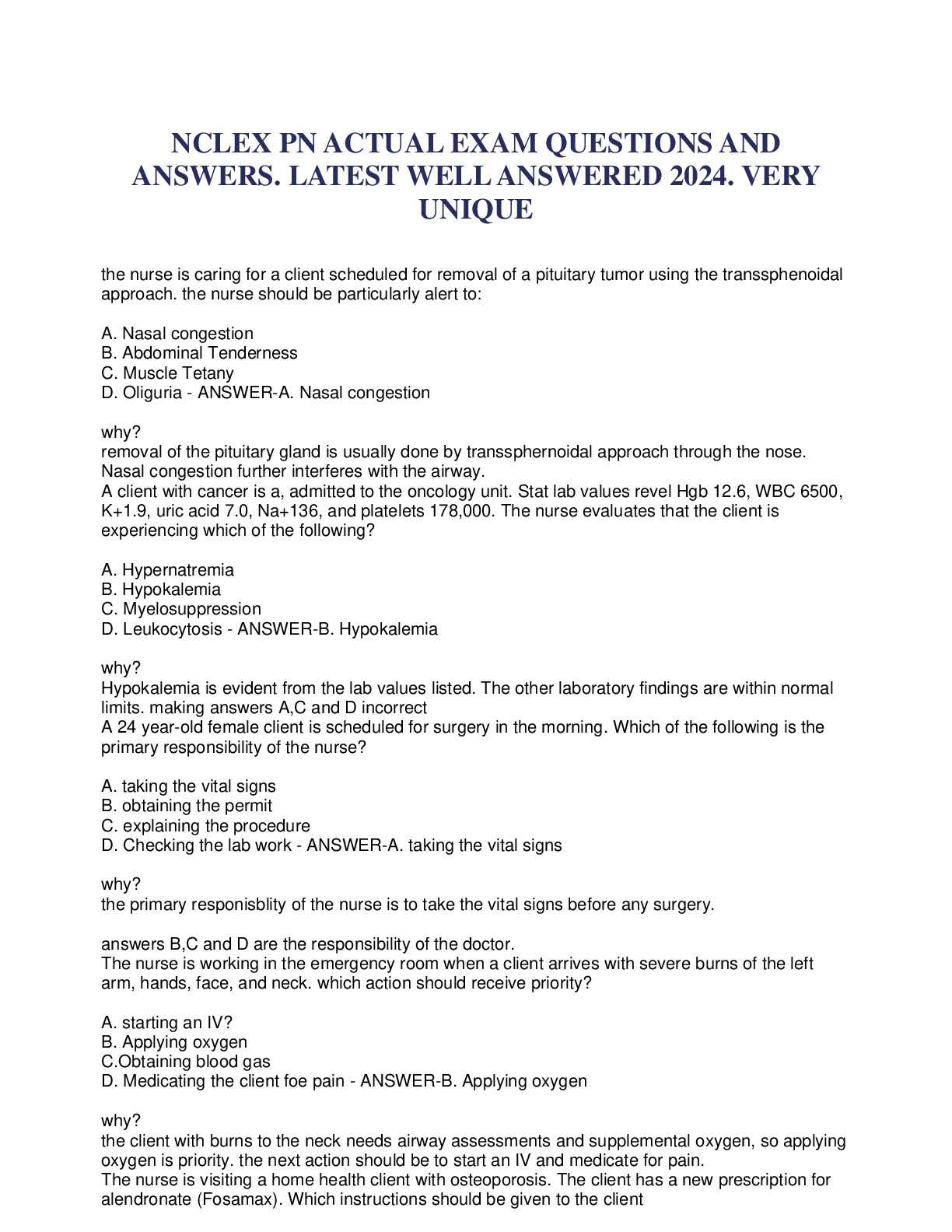
In an adaptive testing system, the difficulty of the questions changes based on the answers provided by the participant. If you answer a question correctly, the next question may be more challenging; if you answer incorrectly, the system will present an easier question. This continuous adjustment allows the test to narrow down the exact level of your knowledge with fewer questions, providing a more efficient way to assess your abilities.
Benefits of Adaptive Testing
This method of testing offers several advantages, both for participants and for those conducting the assessments:
| Benefit | Description |
|---|---|
| Efficiency | Adaptive tests tend to be shorter than traditional tests while still providing accurate results. |
| Personalization | The test adjusts to match your level of understanding, ensuring that it is neither too easy nor too difficult. |
| Increased Accuracy | By tailoring the questions, adaptive testing provides a more precise measurement of your skills and knowledge. |
Overall, adaptive testing technology is a powerful tool that makes assessments more efficient and accurate by adjusting to individual performance. Understanding how this system works will help you approach such tests with confidence, knowing that they are designed to provide a fair and challenging evaluation of your abilities.
